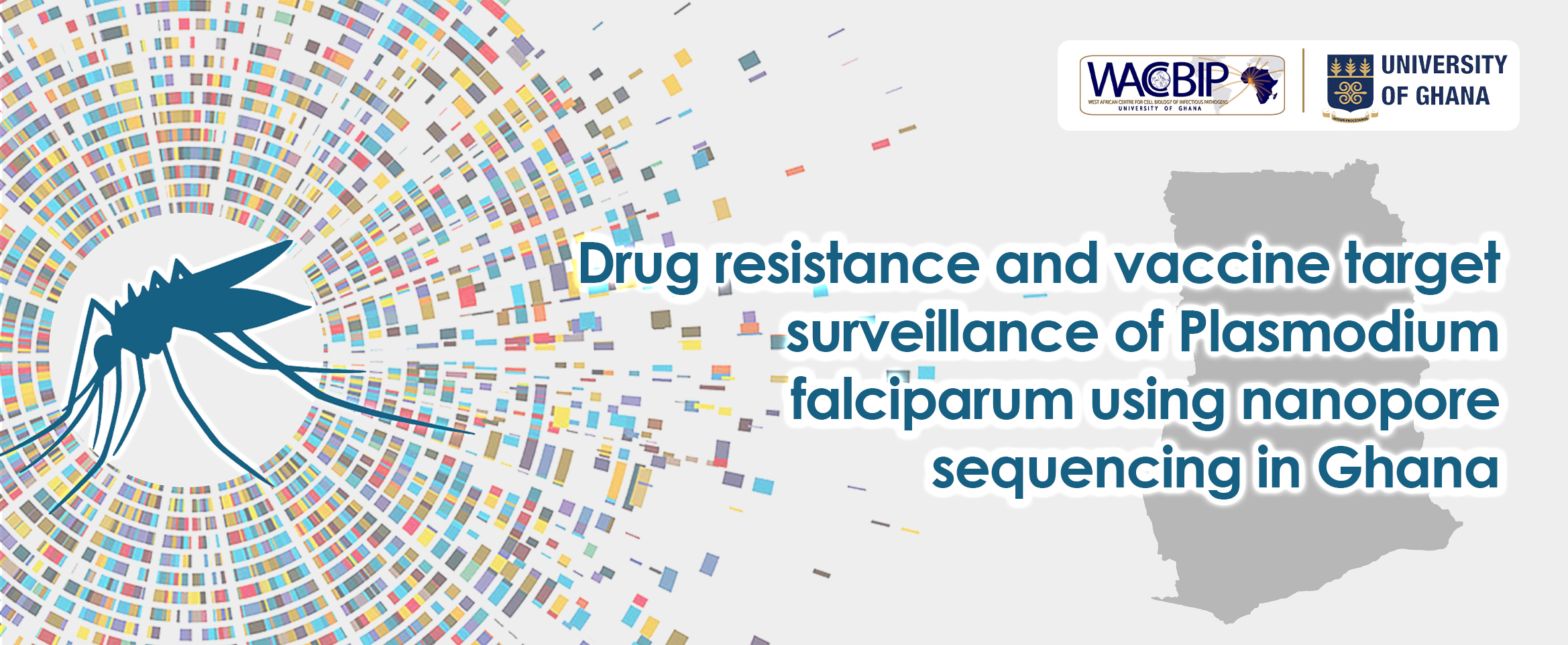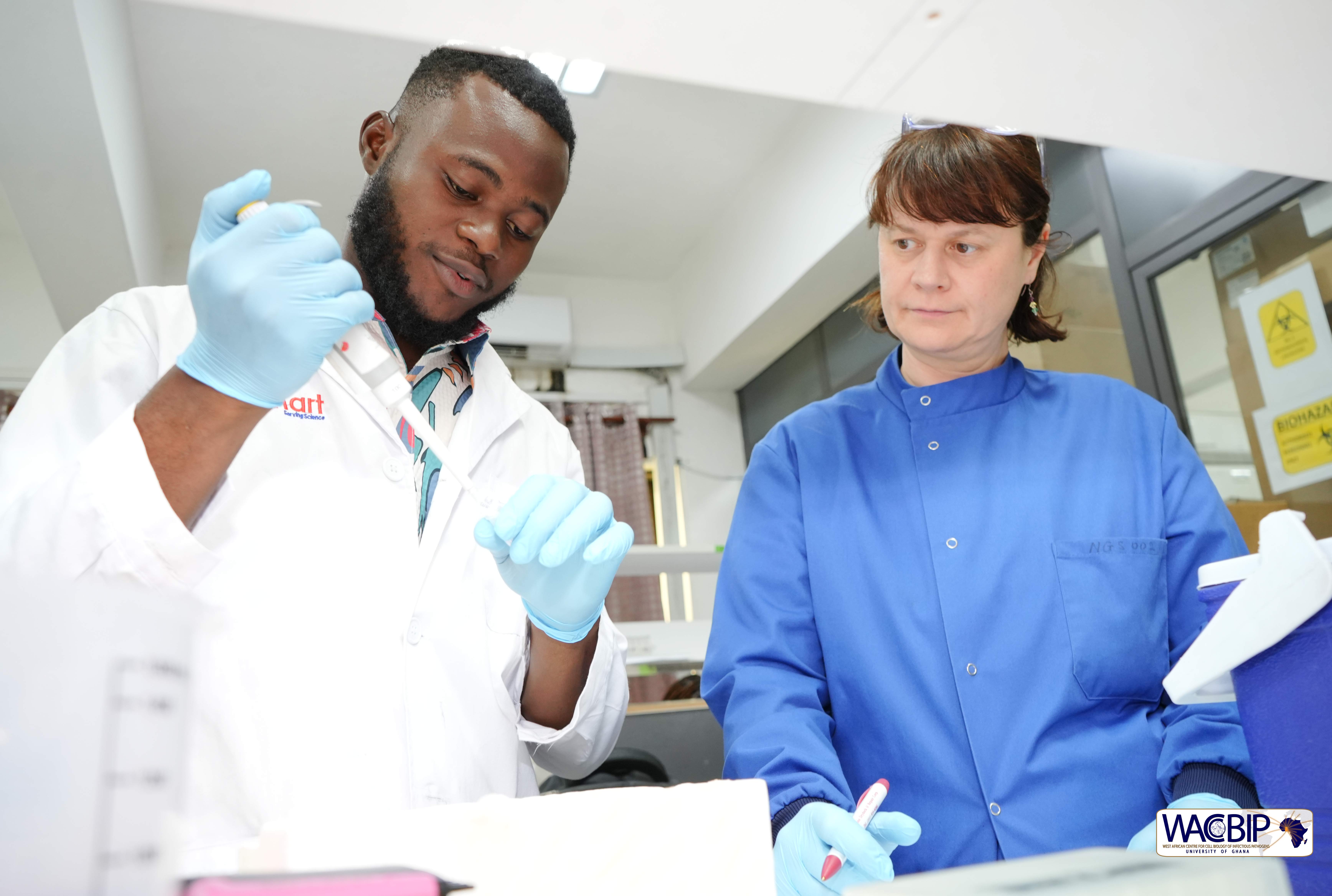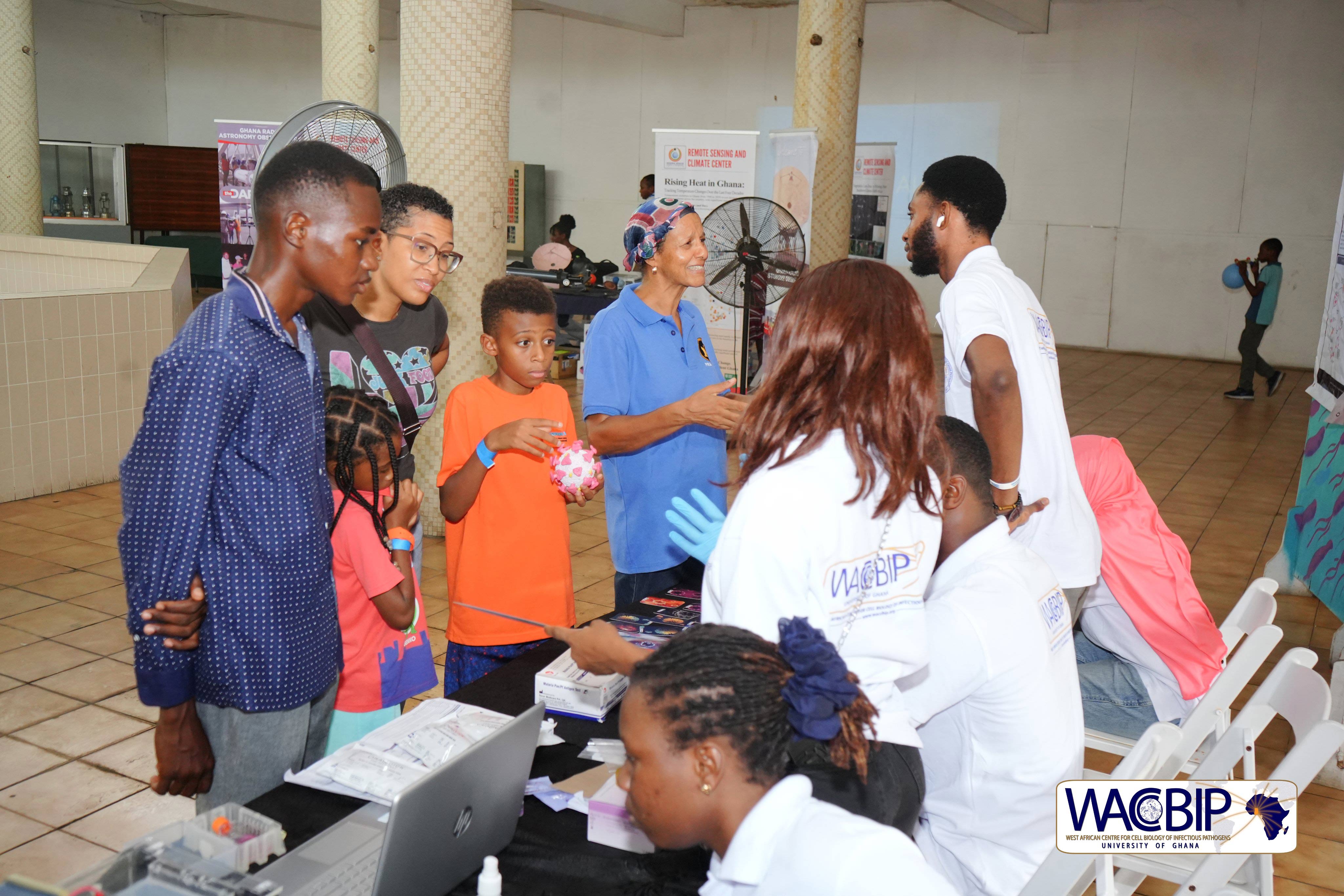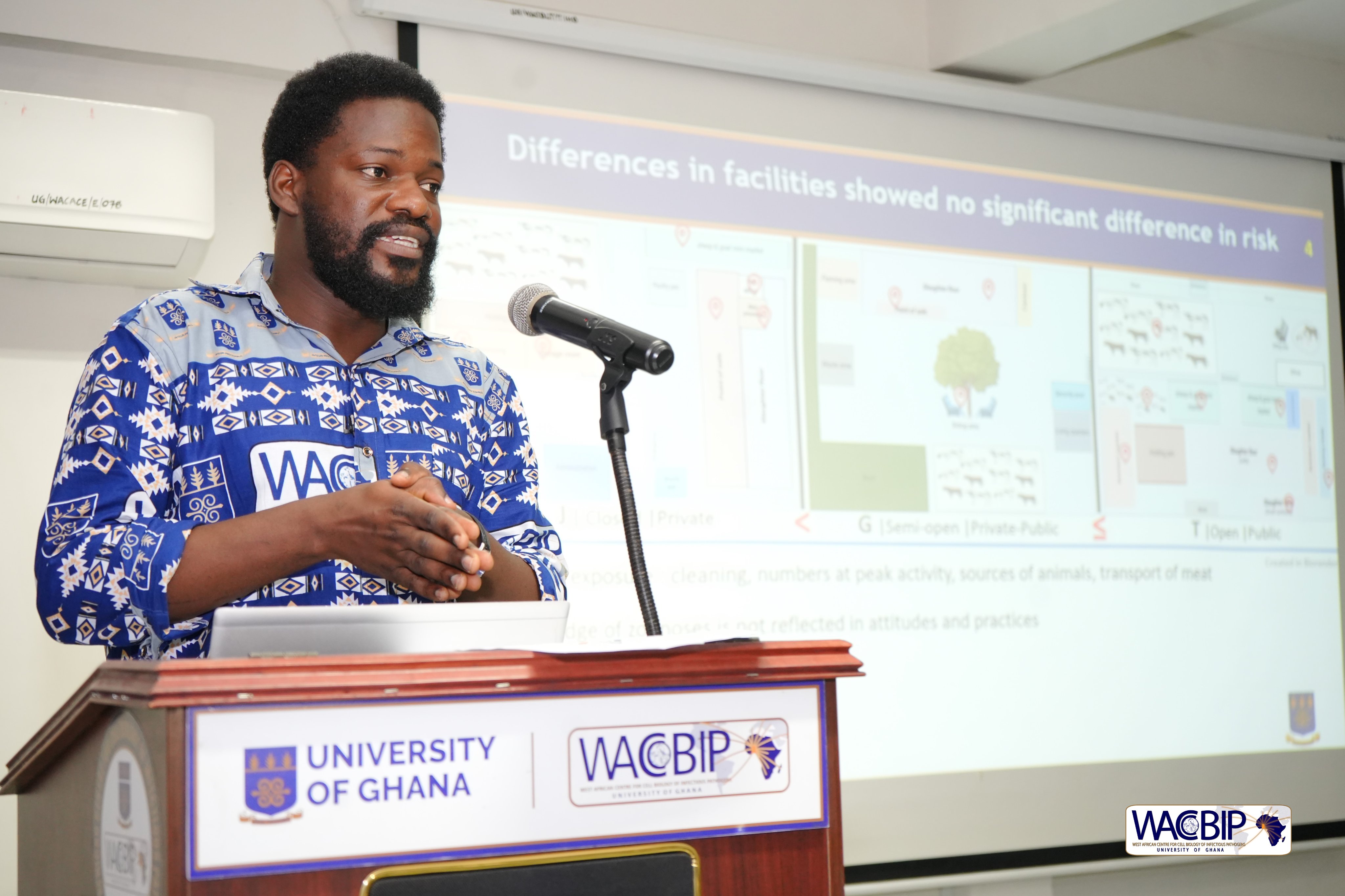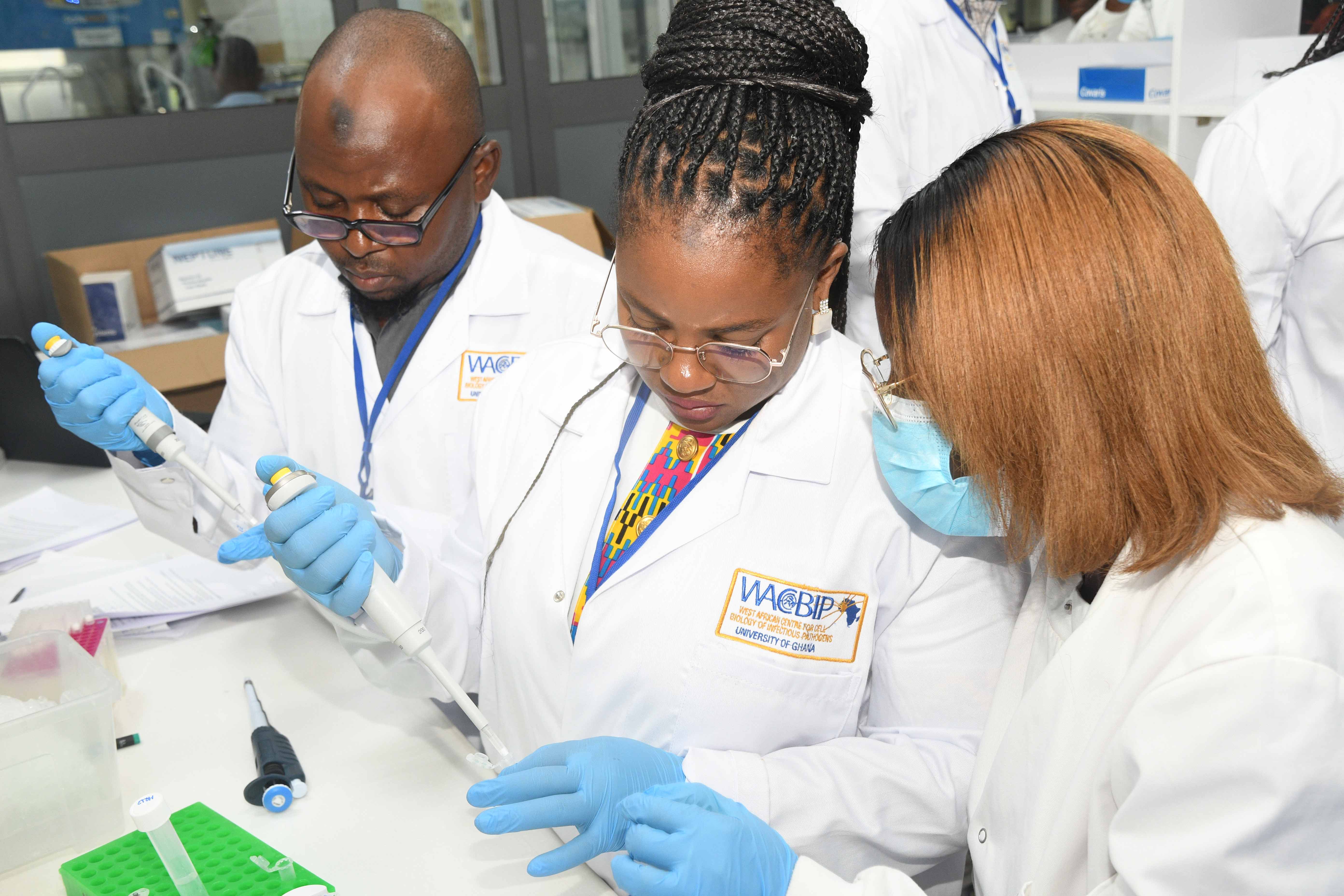Malaria, a relentless global health threat claiming over 600,000 lives annually, primarily targets young children in tropical low- and middle-income nations. Plasmodium falciparum, the main culprit behind most malaria-related deaths, continuously evolves resistance to crucial antimalarial drugs, impeding efforts to eradicate the disease.
A ground-breaking initiative led by researchers from the West African Centre for Cell Biology of Infectious Pathogens (WACCBIP) is shifting the focus towards endemic countries, employing cutting-edge nanopore sequencing for P. falciparum genomic surveillance.
With the emergence of partial resistance to artemisinins in various countries, including those in eastern Africa, there is an urgent need for enhanced molecular surveillance capabilities in Africa. This is crucial for monitoring drug and diagnostic test resistance, as well as the deployment of new malaria vaccines.
The primary objective of the study was to design and implement a comprehensive molecular surveillance workflow using a handheld MinION sequencing device from Oxford Nanopore Technologies (ONT) and a portable laptop. This innovative approach allows deployment in malaria-endemic settings, reducing the reliance on large genomic centres and contributing to the democratization of genomics.
The study, conducted in Ghana, West Africa, focused on two distinct sites: the capital, Accra, and Navrongo, a rural town in northern Ghana. These sites offered diverse epidemiological perspectives, enriching the study's insights. The researchers targeted five key drug resistance markers and the circumsporozoite protein (CSP), a crucial target for leading vaccines and monoclonal antibodies.

Map of Ghana highlighting study sites (Accra & Navrongo)
Utilizing readily collected samples, such as dried blood spots from finger pricks, the researchers implemented a multiplex PCR assay. The data analysis pipeline, designed to run on a high-specification laptop, provided results in approximately 20 minutes. The entire protocol is openly available on GitHub, enhancing accessibility and fostering collaborative research: https://github.com/sanger-pathogens/nano-rave
This ground-breaking study was a collaborative effort between the Wellcome Sanger Institute (United Kingdom), the University of Ghana, and the Navrongo Health Research Centre (NHRC). The partnership showcased the power of international collaboration in tackling global health challenges.
The role of WACCBIP researchers in spearheading P. falciparum genomic surveillance through nanopore sequencing marks a significant stride towards more effective malaria control in endemic regions. This innovative approach not only enhances our understanding of drug resistance and vaccine deployment but also exemplifies the power of collaboration in addressing global health priorities.
Findings from this study have been published in a recent article "Drug resistance and vaccine target surveillance of Plasmodium falciparum using nanopore sequencing in Ghana" in the nature microbiology journal accesible at https://doi.org/10.1038/s41564-023-01516-6.

